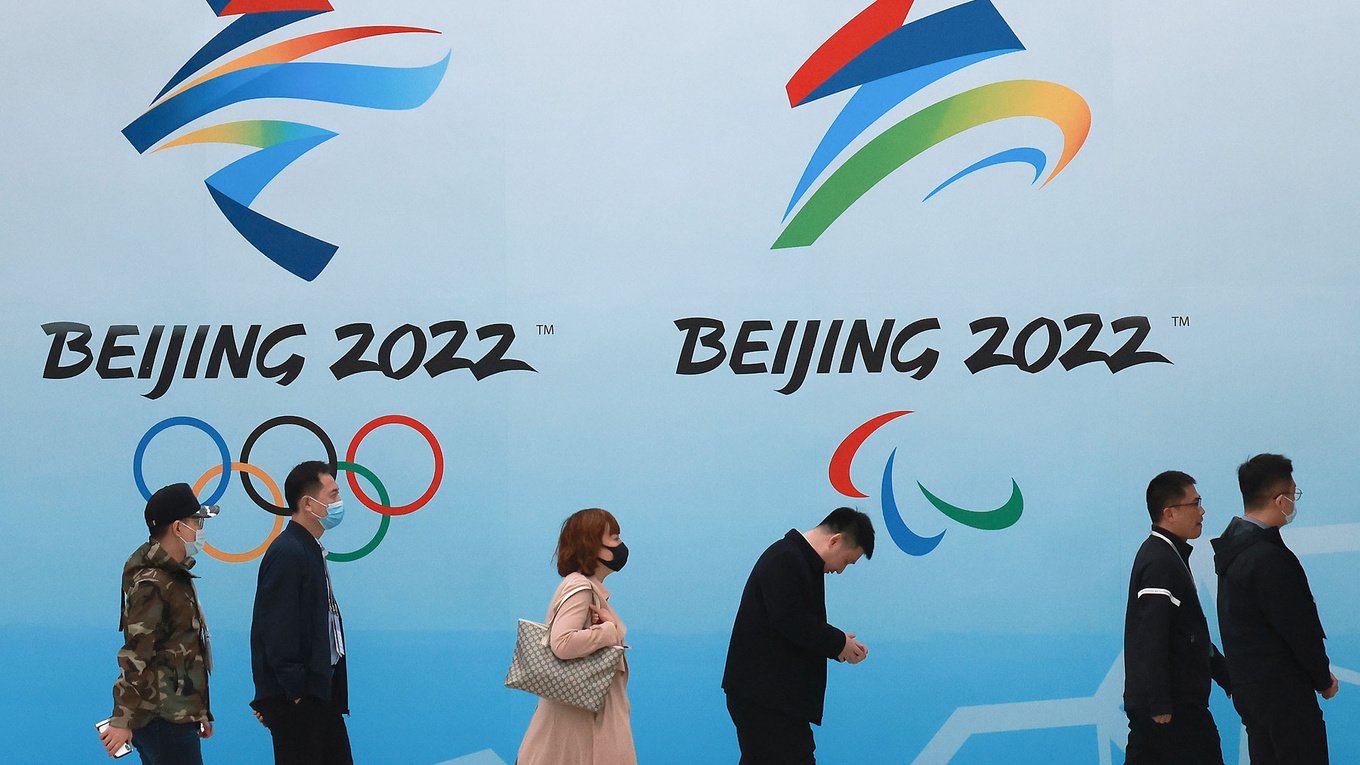Fri Nov 19, 2021
Friday / November 19
Beijing boycott
US President Joe Biden said Thursday that the United States is considering a diplomatic boycott for the 2022 Winter Olympics in Beijing, protesting China's treatment of majority Muslim Uighurs.
A diplomatic boycott means that American athletes will participate in the game starting February 4, 2022, but will not be accompanied by an official delegation of senior US government officials.
The idea of a diplomatic boycott of games in Beijing is not new. In early April, a US State Department spokesperson said the United States was discussing the boycott of the Winter Olympics in China with major allies.
New sanctions against Iran
On Thursday, the United States announced sanctions against two Iranians accusing them of launching a cyber disinformation campaign targeting elected Senators and media companies to disrupt the 2020 US presidential election.
The US Treasury also announced that it has imposed sanctions on six Iranians and one Iranian organization for trying to influence the 2020 US elections.
Biden's facing pressure on inflation
Democrats in the US House of Representatives and the Senate are increasingly worried about rising prices and are urging President Biden to do more.
The current party's policy on rising inflation is in line with economists' expectations that the situation is primarily a pandemic and prices will fall early next year. But in the face of severe reelections, many Democrats feel that the Biden administration can do more to speed up the process.
Michigan Democrat Elissa Slotkin, who the district voted for former President Trump in both 2016 and 2020, sent a letter to President Biden on Wednesday urging him to take immediate action to combat inflation. bottom.
"First, increase our diplomatic pressure on Saudi Arabia and other OPEC+ nations,” Slotkin wrote. “In particular, I'd urge you to work closely with the United Arab Emirates and other U.S. allies who might be willing to help counterbalance Saudi efforts to artificially and unnecessarily curb production."
"Second, I'd ask you to consider a release of oil from the Strategic Petroleum Reserve as a signal that could help push global markets in the right direction."
"With the steps outlined above, along with a range of other options, I believe you can begin to address the inflationary crisis affecting Americans today, ahead of the holidays. More than ever, I feel that your leadership is needed," she wrote.
U.S. stocks
The S & P 500 made progress in a volatile session after reporting strong profits from Nvidia, the world's largest semiconductor maker by market capitalization, and other retailers.
S&P500 rose 0.3% to 4,704.54. The Nasdaq Composite was up 0.5% to 15,993.71. The Dow fell 60 points (0.1%) and Cisco's share price fell sharply. The S&P500 fell 0.3% at some point before the rebound.
U.S. workforce figures
US unemployment claims are slowly retreating to pre-pandemic levels as employers avoid layoffs.
The Department of Labor said Thursday that the initial claims for unemployment benefits had dropped from last week's revised 269,000 to 268,000.
New restrictions in Germany
Retired German Chancellor Angela Merkel and 16 state prime ministers of the country agreed on Thursday with a new restrictive package to counter the recent increase in infectious diseases called the fourth wave of the coronavirus pandemic.
"If more people were vaccinated, many of the measures we announced would not have been necessary," Merkel said in a press conference.
The German government is to impose restrictions on the public life of unvaccinated individuals in areas where hospitalizations exceed a certain threshold.
